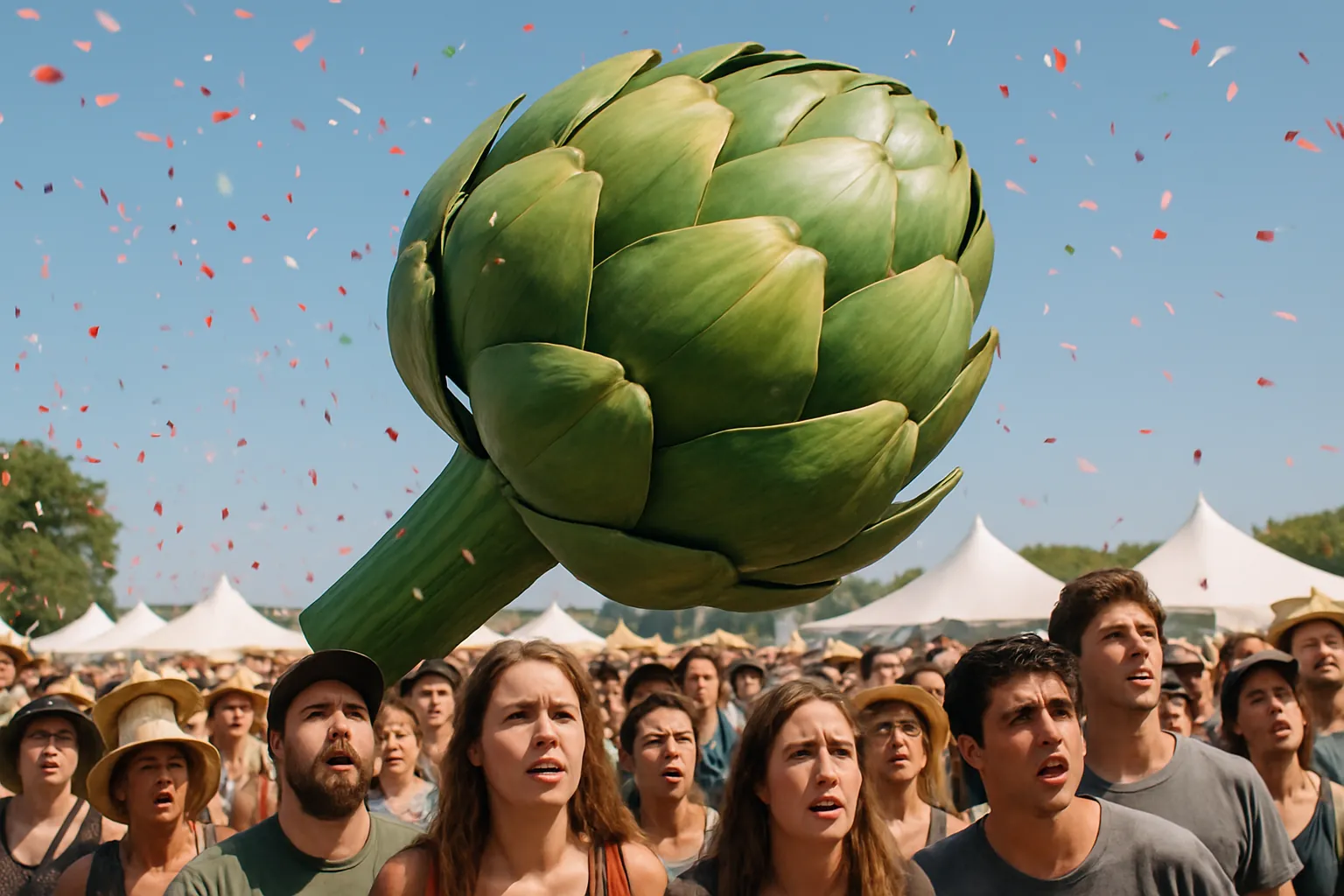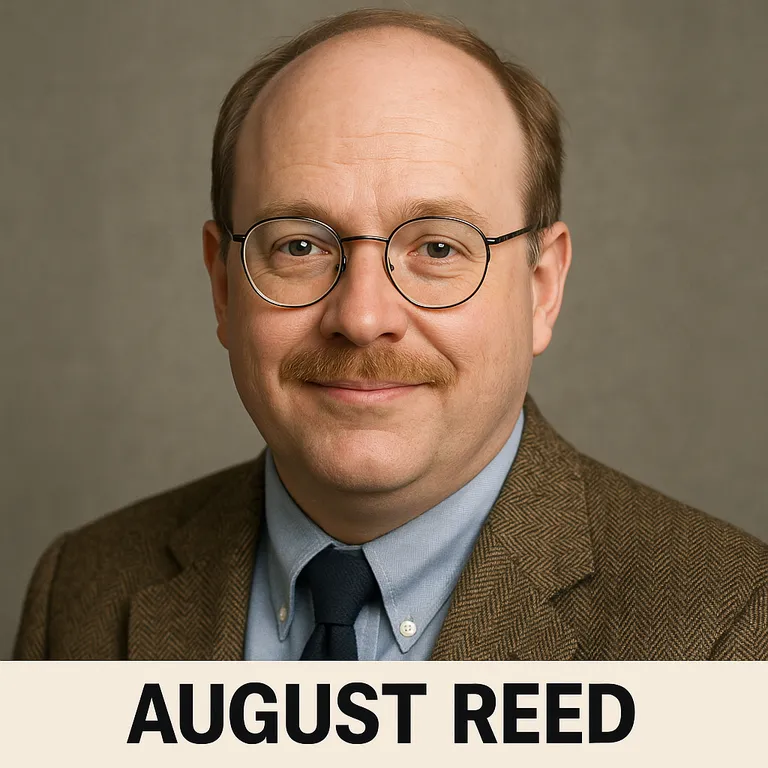The unthinkable has happened along California’s produce-rich coast: the Monterey Artichoke Festival—a carnival of briny bites, folkloric pageantry, and 65 years of self-proclaimed thistle supremacy—has folded overnight. In a press bulletin that read like a panic note from a sinking ship, the festival’s board cited “growing financial strain” and declared the 2025 edition permanently canceled, vaporizing an institution once credited with knitting Castroville’s civic soul together. Suddenly, the humble artichoke’s kingdom feels leaderless, and local officials now warn of economic aftershocks spreading faster than a fryer at full sizzle. A single decision, delivered in just 227 words, has plunged thousands of residents, farmers, and vendors into cultural vertigo.
Economics By The Stem: Counting The Cost Of A Lost Icon
Every June, an estimated 40,000 visitors filed through the Monterey County Fairgrounds, dragging wallets, appetites, and an almost patriotic zeal for battered artichoke hearts. According to the festival’s final economic impact report, direct visitor spending once cleared $6.8 million annually—a staggering sum for a town of roughly 7,000 year-round residents. This money watered everything from roadside farm stands to school music programs. “We built our fiscal year around those two days,” sighed small-business owner Lidia Romero, whose souvenir shop sits half a mile from the fairgrounds.
Without that infusion, analysts fear a domino tumble. The Monterey County Chamber of Commerce projects a 13% contraction in seasonal hiring, while a draft study by the nonprofit Agri-Cultural Futures estimates peripheral losses—hotel vacancies, fuel sales, roadside tastings—could escalate the local shortfall to $10 million. The numbers sound almost surreal until you remember the artichoke isn’t just garnish here; it is gospel.
“We’re not talking about canceling a cookout; we’re amputating an economic limb,” said Dr. Penelope Cruz, regional economist at Seaside State University.
Festival president David J. Wilcox argued the choice was unavoidable, citing post-pandemic insurance hikes and supply-chain volatility. “Every fryer basket cost more to drop than the last,” he lamented in a phone interview with KSBW. But locals remain unconvinced. They point to thriving neighboring events—Gilroy’s Garlic Fiesta, Watsonville’s Strawberry Spectacular—as proof that produce parties can survive if leadership fights hard enough. For now, Castroville stares at empty coffers and an even emptier calendar.

Identity In Crisis: When A Vegetable Carries A Town’s Flag
On banners, water towers, and championship T-shirts, Castroville proclaims itself “The Artichoke Capital of the World.” That title is far more than a marketing flourish; it is the axis around which civic pride rotates. “If we’re not the artichoke town, who are we?” asked high-school senior Marco Espinoza while repainting a now-obsolete parade float. The existential dread is palpable, especially for teens who grew up believing their hometown’s identity was hardwired to the perennial thistle.
Community historians warn that losing the festival erodes a living narrative stretching back to 1947, when Sicilian farmers first coaxed artichokes from the sandy soil. “Generations have marked milestones—proposals, graduations, retirements—under those green spires,” noted archivist Celeste Ong. She has already fielded calls from grandparents scrambling to digitize boxfuls of festival photos before the collective memory slips.
“Culture travels through ritual, and ritual requires repetition. Break the chain, and heritage scatters,” Ong said.
Outside observers share that alarm. In a blunt editorial, SFGATE compared the cancellation to “tearing a lighthouse from a fog-plagued coast.” The piece rattled state officials, who now debate emergency grants for “outlier cultural assets.” Whether funds arrive in time is unclear. Meanwhile, folklore clubs stage impromptu “choke circles”—small sidewalk gatherings where residents swap recipes and memories as if guarding relics from an advancing storm. This is civil preservation at its most homespun and frantic.
What Comes After The Heart? Proposals, Power Plays, And Possible Rebirth
In the power vacuum, three rival plans are vying for public affection—and municipal funding.
Plan A: Privatized Revival – A consortium of produce exporters has drafted a leaner pay-to-enter model, promising fewer carnival rides but more gourmet pairings. Critics call it “Artichokes for Elites.”
Plan B: Multi-Crop Coalition – Lured by shared logistics, lettuce and berry growers propose a “Salad Summit” that would rotate crops as the annual headline. Purists recoil at diluting the artichoke brand, arguing it “defeats 65 years of singular devotion.”
Plan C: Civic Stewardship Trust – A grassroots movement seeks to crowdfund ownership, placing festival assets under a local trust safeguarded by bylaws that prevent commercialization. Early pledges top $92,000—impressive but far from the estimated $750,000 launch budget.
“Whichever faction prevails will rewrite our cultural constitution,” predicted Mayor Rosalía Vargas during an emergency town hall.
The council convenes again next month, and each day without a definitive path compounds the sense of drift. Tourism boards pause marketing campaigns, schools re-edit lesson plans, and souvenir suppliers sit on unsold pallets of artichoke plushies now haunting warehouse shelves. The clock is ticking, and Castroville can almost hear it.
Whether resurrection arrives through corporate sponsorship, public stewardship, or a radical pivot remains unknown. But one truth holds: a vegetable once humble enough for antipasto has become the fulcrum of an existential debate on how a small community writes its next chapter. And that debate, now louder than ever, may shape the Central Coast for generations to come.


